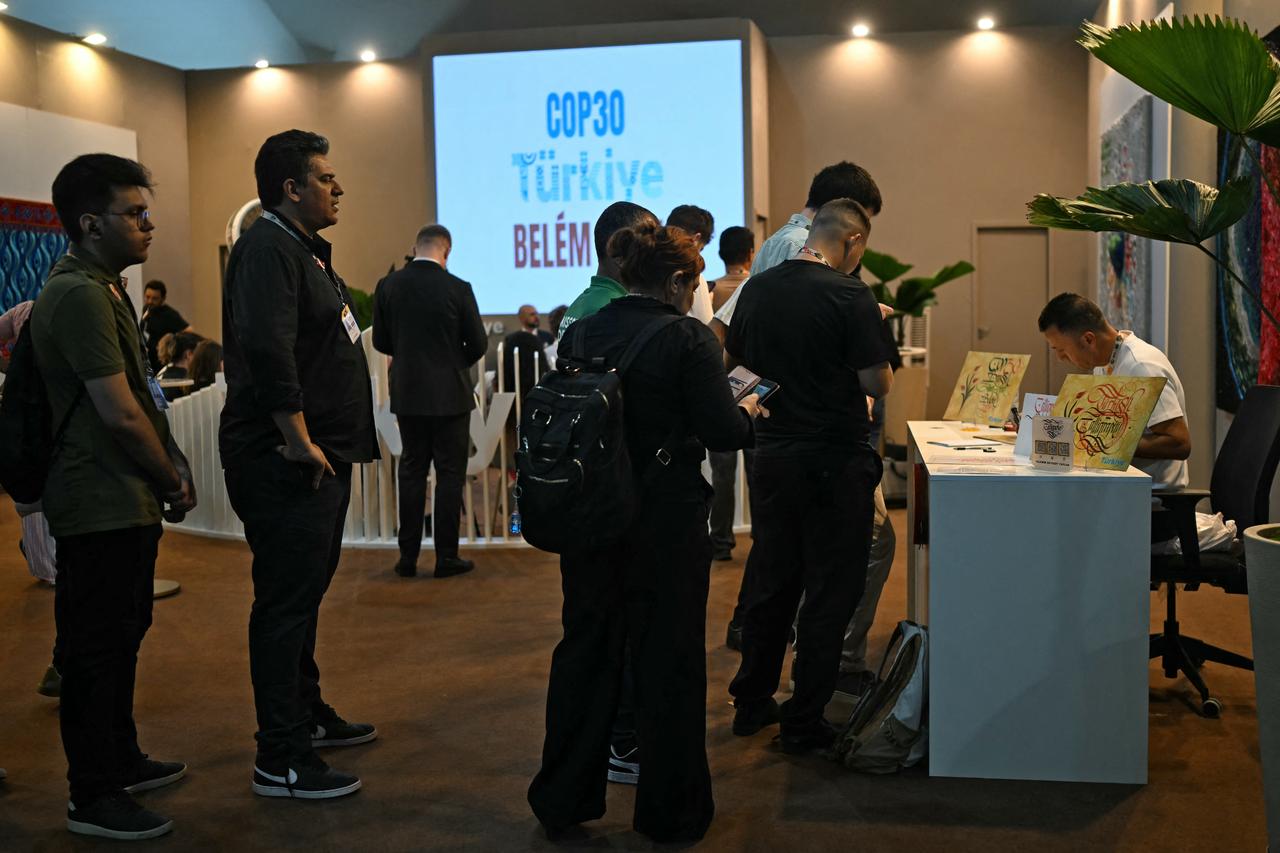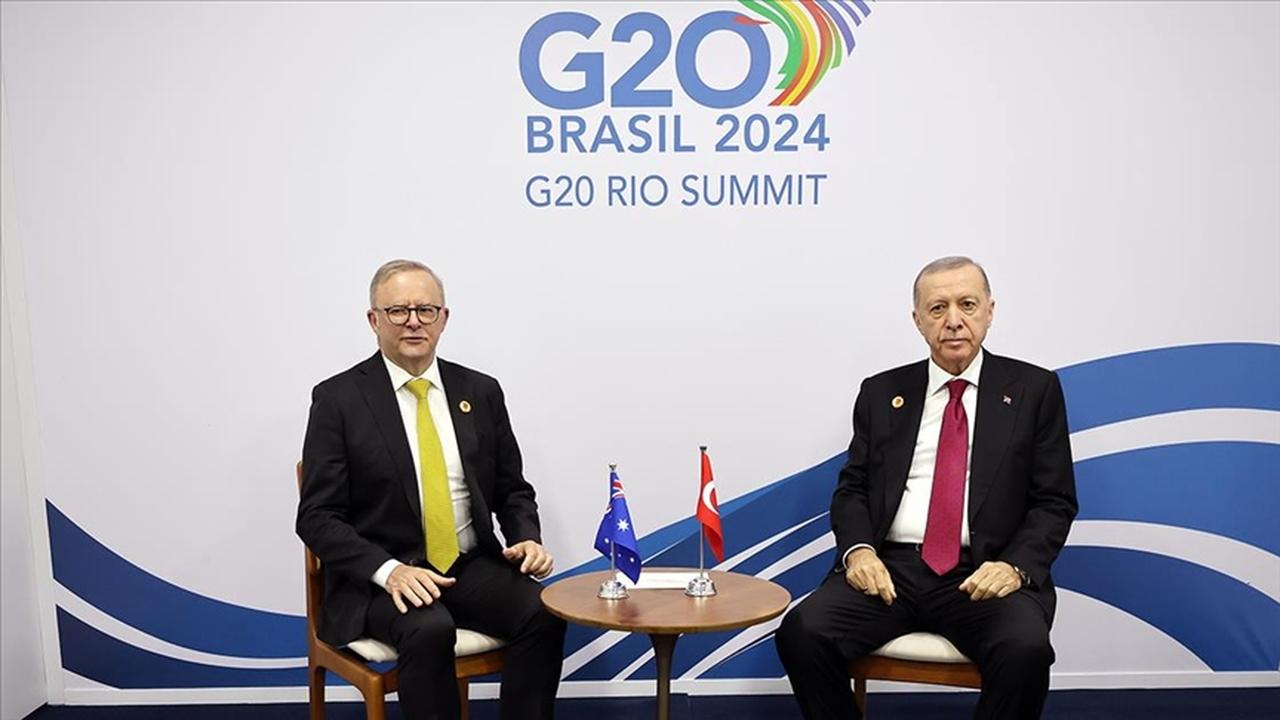
Australia and Türkiye finalized an agreement Friday to share responsibilities for next year’s United Nations climate summit, ending a months-long standoff over the COP31 venue and presidency.
Under the deal, Türkiye will host COP31 in November 2026 in the Mediterranean resort city of Antalya, while Australia will lead the negotiation process as vice president, according to a document released at the COP30 summit in Brazil.
The breakthrough was announced by Germany after a closed-door meeting of the Western European and Others Group (WEOG), the regional bloc responsible for selecting the 2026 host.
“If there is a difference of views between Türkiye and Australia, consultations will take place until the difference is resolved to mutual satisfaction,” the WEOG statement said.

The agreement was brokered in the Amazonian city of Belem after days of tense negotiations between the two nations, both of which had submitted bids to host the 2026 summit and refused to step aside, creating a rare bidding war over the annual climate talks.
Australia reportedly had broader support within the group, but consensus, required under U.N. rules, was blocked due to Türkiye’s insistence on hosting.
The resulting compromise grants Türkiye the formal COP31 presidency and hosting duties for the two-week summit, while Australia chairs negotiations, leading year-long efforts to shape the summit’s agenda and drive consensus among nearly 200 nations.
In a nod to Australia’s original co-hosting proposal with Pacific nations, the pre-COP summit, a technical meeting typically held a month before the main event, will take place in a Pacific Island nation.
The outcome came as a disappointment for some Pacific nations, which face existential threats from climate change and had hoped to host the summit in their region.
Still, Vanuatu’s Climate Minister Ralph Regenvanu told AFP the compromise was acceptable. “So for us, that is a much better outcome than not having anything at all,” he said in Belem.
COP31 will mark Türkiye’s first time hosting a U.N. climate summit, a milestone for the country, which only ratified the Paris Agreement in late 2021.
Analysts have criticized Türkiye’s current climate pledges as insufficient, though the presidency role may offer Ankara a platform to reshape its environmental profile.
U.N. climate summits rotate among five regional blocs. For 2026, hosting rights fell to the Western European and Others Group, which includes most EU countries as well as Australia, Türkiye, Canada, Israel and New Zealand.
The joint bid was unanimously endorsed by WEOG and is expected to be formally adopted by consensus at the conclusion of COP30.
Türkiye’s role as host of COP31 is expected to sharpen global attention on its domestic energy transition, particularly as it remains one of the few countries where coal still accounts for a substantial share of electricity generation, according to analysts from the climate and energy think tank Ember.
"While some responsibilities are shared between the two countries, all eyes will be on Türkiye,” said Ufuk Alparslan, Ember’s Türkiye and Caucasus Regional Lead. "With this hosting opportunity, Türkiye has a chance to take on a leadership role in the region’s energy transition and position itself as a clean energy hub."
He added that Türkiye’s goal to nearly triple its wind and solar capacity by 2035 could accelerate investor interest. "Türkiye’s determination in this process will also speed up the flow of investment into the country," Alparslan said.
Renewables already account for 46% of Türkiye’s electricity mix, and the government plans to raise installed wind and solar capacity from 39 to 120 gigawatts by 2035. In the past three years, the country’s solar capacity surged from 10 to 24 gigawatts, while wind power’s 11% share in electricity generation now exceeds levels in several G7 economies, including Italy and France.